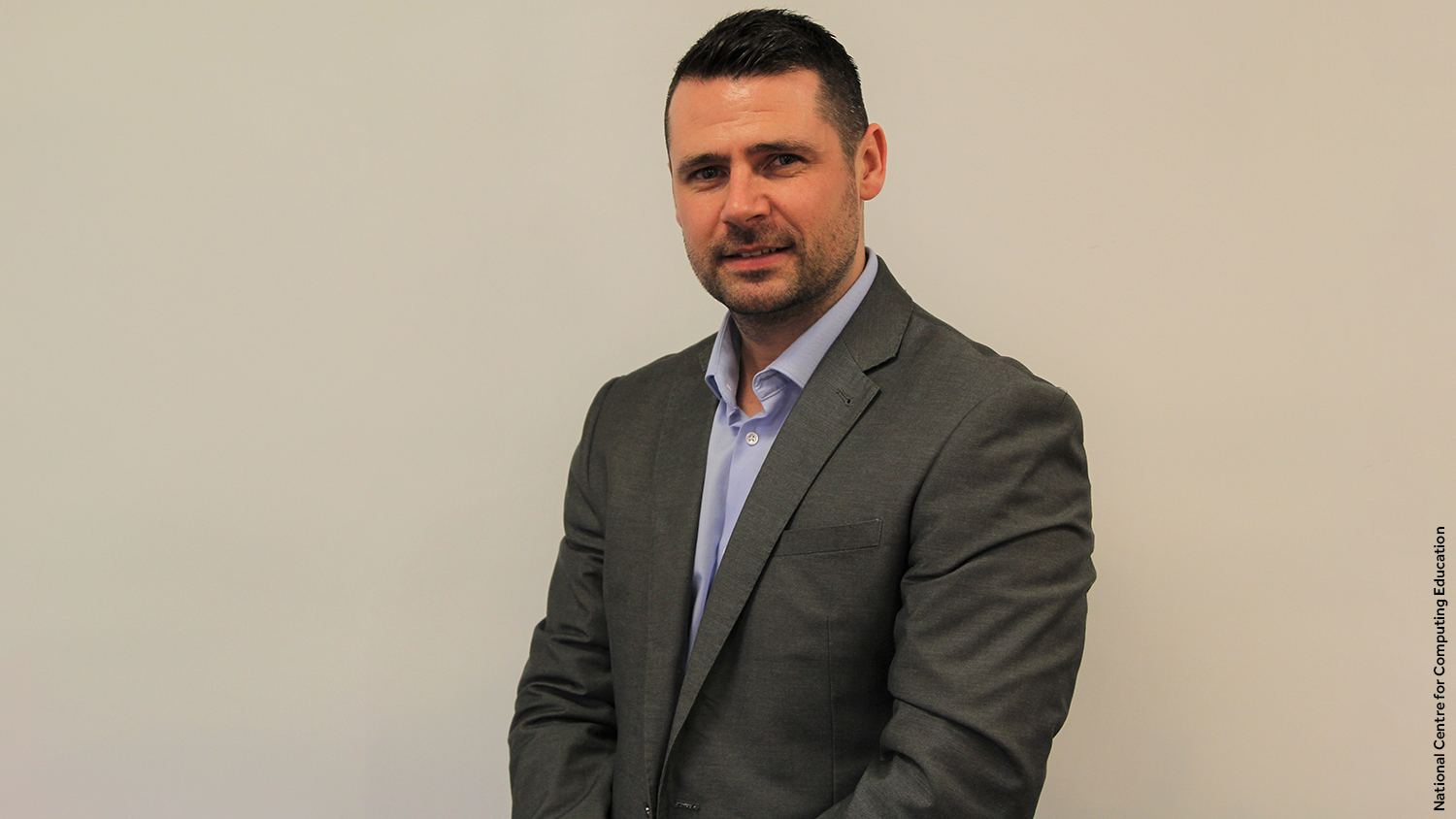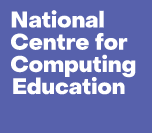Why it’s time to make the leap into computer science

Computer science skills have become increasingly important across a range of sectors and industries. From medicine and healthcare to legal and financial services, almost every industry is reliant on computing in some way. Teachers have the challenging task of preparing students for jobs and careers that are still relatively new and, in some cases, don’t yet exist.
In response to this challenge, the National Centre for Computing Education (NCCE) was established in 2018 to provide the support needed. Its ambitious vision is to work with teachers to achieve a world-leading computing education for every child in England, at every school phase. Funded by the Department for Education, the programme supports non-specialist and returning teachers with an extensive range of free resources, online and face-to-face training, and a network of local Computing Hubs, based in 34 schools.
But what is the current status of computer science in schools? And what are the benefits for students and teachers of upskilling in this high-demand subject?
The journey from ICT to computer science
“Computing of some sort has been taught in many schools from as early as the 1970s,” says Paul Thornton, network education lead at STEM Learning, one of the consortium partners at the NCCE along with the Raspberry Pi Foundation and BCS, the Chartered Institute for IT.
“But when we talk about learning computer skills in school, most of us mean the old ICT GCSE, which was phased out after [then education secretary] Michael Gove’s review of the national curriculum in 2011-12.”
A new computer science qualification was developed for GCSE and A level, with the ICT equivalents finally scrapped in September 2017.

“The new computer science qualification is a much broader subject than ICT,” says Dr Emma Posey (pictured above), learning manager at the Raspberry Pi Foundation. “Computer science covers topics including computer systems and computational thinking such as algorithms, programming and data representation, to give just a few examples.”
Teachers retraining and diversifying with confidence
The introduction of the new computer science subject has been welcomed and, thanks to the training and support offered by the NCCE, teachers without a formal qualification in the subject can approach retraining or diversifying with confidence.
“There are schemes of work and resources, fully funded training delivered by experts and a supportive network of local hubs to help non-specialist and returning teachers - it really is an incredible offer,” says Thornton.
The NCCE also delivers the specialist Computer Science Accelerator (CSA) programme, designed to develop subject knowledge and enable secondary teachers to teach computer science up to GCSE. So far 1,600 teachers have completed the CSA, and the numbers - as well as uptake on the NCCE’s other development courses - are rising.
“Technology touches everyone, all perspectives, all lines of work,” says Posey. “To be a fully engaged citizen and have more agency in a world that’s driven by technology, we all need to understand it. And inspiring computer science teaching is how we get there.”

Benefits for the student - and the teacher
As well as embedding obvious practical skills, computer science also develops students’ creativity, thinking and problem-solving ability. The element of trial and error in coding encourages greater resilience; another important quality for future study and the workplace.
“It’s difficult to name a job that doesn’t involve an element of digital literacy,” says Thornton. “Employers have known this for some time, but the global pandemic has really highlighted the level of need.”
And the benefits of studying computer science also apply to teachers. Mastering computational thinking - being able to think in a rational, step-by-step manner, to break down complex problems into smaller, more manageable chunks - is a skill that’s just as valuable to those teaching the content as it is to those learning it.
 Upskilling or retraining in computer science is also a means of staying relevant in a changing world.
Upskilling or retraining in computer science is also a means of staying relevant in a changing world.
“People ask, ‘Is it a science? Is it a kind of engineering?’ People often feel the need to relate computer science to other areas, but it’s very much its own entity. It’s growing at an exponential rate, and it’s going to go beyond those areas in the not too distant future,” says Thornton (pictured above).
“I tell students to look around them. AI and automation are everywhere. Go into a supermarket and observe how the number of self-serve checkouts has grown - just one small but obvious example of automation in action. In the future, there’ll be fewer people working the tills, but more people working in the development and maintenance of that technology.”
The future of computing in schools
So what’s next for computer science?
Still in its relative infancy, the computing curriculum and computer science qualifications will inevitably be refined as time goes on. Many in the sector would like to see the curriculum become even more rounded, incorporating a broader balance of knowledge from the areas of computer science, information technology and digital literacy.
The NCCE is also committed to raising the profile and appeal of computer science for all students. “Through our pioneering Gender Balance in Computing research project, we’re researching how to make the subject more attractive to girls and thereby increase take-up at GCSE and A level,” says Posey.
The picture is a positive one. “Our programmes have already engaged a total of 33,000 primary and secondary teachers from a wide range of subject areas. We’ve also supported a number of ex-teachers to return to the profession,” says Thornton. “Those wanting to move into computer science can access fully funded courses, bursaries for schools and a supportive network of Computing Hubs.
“There’s a huge amount of support available to build teachers’ confidence, transform their teaching and help them deliver inspiring computer science lessons.”
Laura McDonagh is a freelance writer
To find out more about the wide range of support available from the National Centre for Computing Education, visit teachcomputing.org.

